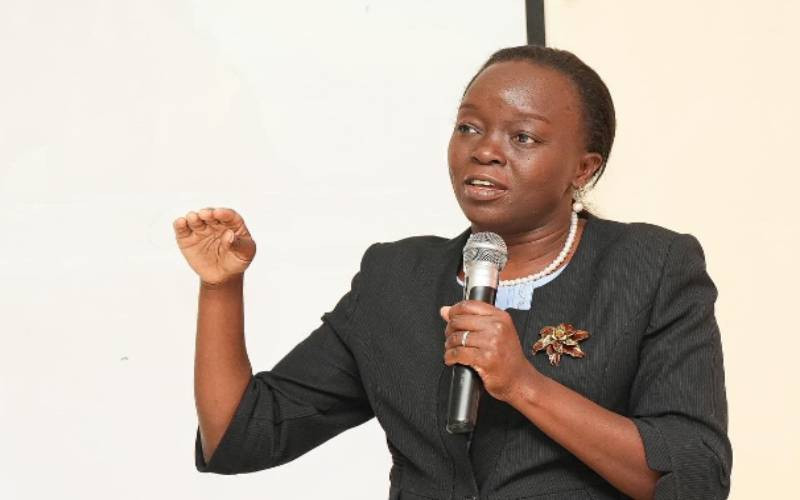
Kenya could play a key role in Africa's vaccine production and innovation following a new partnership with the International Vaccine Institute (IVI).
The agreement, signed on Tuesday, November 26, will see the establishment of an IVI project office in the country, aimed at boosting local vaccine manufacturing and improving health outcomes across the continent.
Health Cabinet Secretary Deborah Barasa described the initiative as a significant step toward strengthening Kenya’s vaccine capacity and enhancing the country's healthcare system.
“Through our collaboration with the International Vaccine Institute (IVI) and the establishment of the AVEC Africa Project Office in Kenya, we are taking a bold step toward strengthening our local vaccine manufacturing capacity, improving health outcomes, and safeguarding our nation against future health crises,” Barasa explained.
Barasa also noted that the project would promote research, innovation and a self-sustaining healthcare system in the country.
Currently, Africa produces less than 1 per cent of the vaccines it uses, but the Africa Centres for Disease Control and Prevention (Africa CDC) aims to raise this to 60 per cent by 2040.
“By 2025, we aim to not only meet local demand but also contribute to vaccine accessibility across the continent, reaffirming Kenya’s position as a leader in health innovation in Africa,” she added.
IVI Director General Jerome Kim welcomed the project, praising Kenya’s commitment to health innovation.
“We are fortunate to have the strong support of the Kenyan Government as well as national health agencies and research institutions to realise the goals of AVEC Africa,” Kim observed.
He added that the initiative aligns with the Africa CDC and African Union’s vaccine manufacturing strategies.
 The Standard Group Plc is a multi-media organization with investments in media
platforms spanning newspaper print
operations, television, radio broadcasting, digital and online services. The
Standard Group is recognized as a
leading multi-media house in Kenya with a key influence in matters of national and
international interest.
The Standard Group Plc is a multi-media organization with investments in media
platforms spanning newspaper print
operations, television, radio broadcasting, digital and online services. The
Standard Group is recognized as a
leading multi-media house in Kenya with a key influence in matters of national and
international interest.



